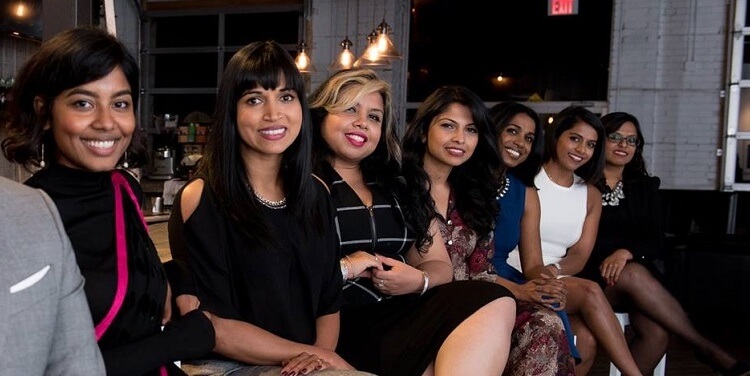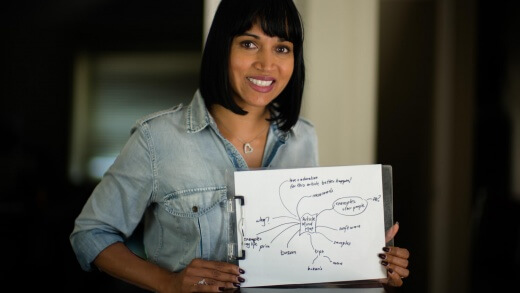I’m asked a lot about what it takes to change careers. A lot. As December approaches, I get ready for more of these coffee requests. The coming of the new year seems to awaken thoughts of “What the heck am I doing with my life?”
But I’ve noticed, some people don’t want to hear the truth. They’re looking for a rosy picture, a few quick tips, and then poof, there it is, a plan to go from working as a chartered accountant to a chef.
I usually start such conversations with an apology. It makes what comes next more palatable – the truth about the bumps they’ll hit.
Recently, I spoke about my transition from engineering to journalism with hosts Peter, Simon and Abbey of a Canadian podcast How Do You Engineer. Here’s what I shared with them about the advice I give:
1. Everyone claims to know why they need to make a change. But do they really?
I first ask people who want to change careers why they want that change. In the first few years of any career, a quarter of the time you spend at work is on things you love. But 75 per cent of the time, you are doing things you don’t want to do, some tedious, some mundane. The ratio changes as you climb the ladder in that role. Eventually, it may become 75 per cent of things you love, and 25 per cent of things you’d rather not do. You have to assess if you are jumping off before that ratio has changed for you. Are you looking to change careers because of what you are leaving or where you want to go? Perhaps, you can dip your toe in by trying it as a side hustle.
2. Do your research
This is obvious, and the one thing most people I meet get right. You need to talk to people who are already in that profession. Ask them about their journey in that field. Get them to walk you through what they do daily, the highlights and their frustrations. If they are willing to share it, get a sense of what they want to do in the next five years. A friend once told me about one such meeting he had. The woman he met admitted that she was actually jumping ship from the profession because she thought it had limited career advancement options. Yikes.
3. Find easy transition points
Put the careers side-by-side and look for the possibilities of making a lateral move. This takes some real out-of-the-box thinking. Mentors, sponsors and people in leadership roles where you currently are may be able to help you connect these two spheres. As an example, engineers working on the technical side of things at a software company may choose to use a product marketing role at the same company to transition into a marketing role.
4. Savings help
You will be taking on more risk, perhaps even less pay, especially if it isn’t a lateral move. You may need to go back to school. It helps to have savings or access to some kind of financial support as you work through the transition.
5. Get ready for the lows
This kind of change will not be easy. You’ll have days where you’ll celebrate the decision and days where you’ll wonder what you’ve done. After a few years in a space where you knew your stuff and people knew that you knew your stuff, you’re the rookie again. You won’t know the right answers, the right people or right way to get things done. I can’t say this enough: keep your ego in check and work through these bumps.
6. Say yes to the right things
At the start of the journey, write down a list of your expectations, what you hope to do and what you won’t do, no matter how desperate you are.Why the “won’t do” list? I’ve noticed that when you go through transitions, you will be offered things that don’t fit your end goals. You may feel pressured to say “yes”. The “do-not-do” list will help you think through these offers.
7. Old and new networks
Start building new networks right away – join associations, read industry journals and attend their forums. Also remember to keep your old networks alive and updated on what you do. If you need to return to that space again, they may be able to help you and it always helps to have a diverse network of contacts.
8. Hustle
And then of course, hustle, hustle, hustle.
Feature image courtesy of EXSO Photography.

 Manjula Selvarajah
Manjula Selvarajah









